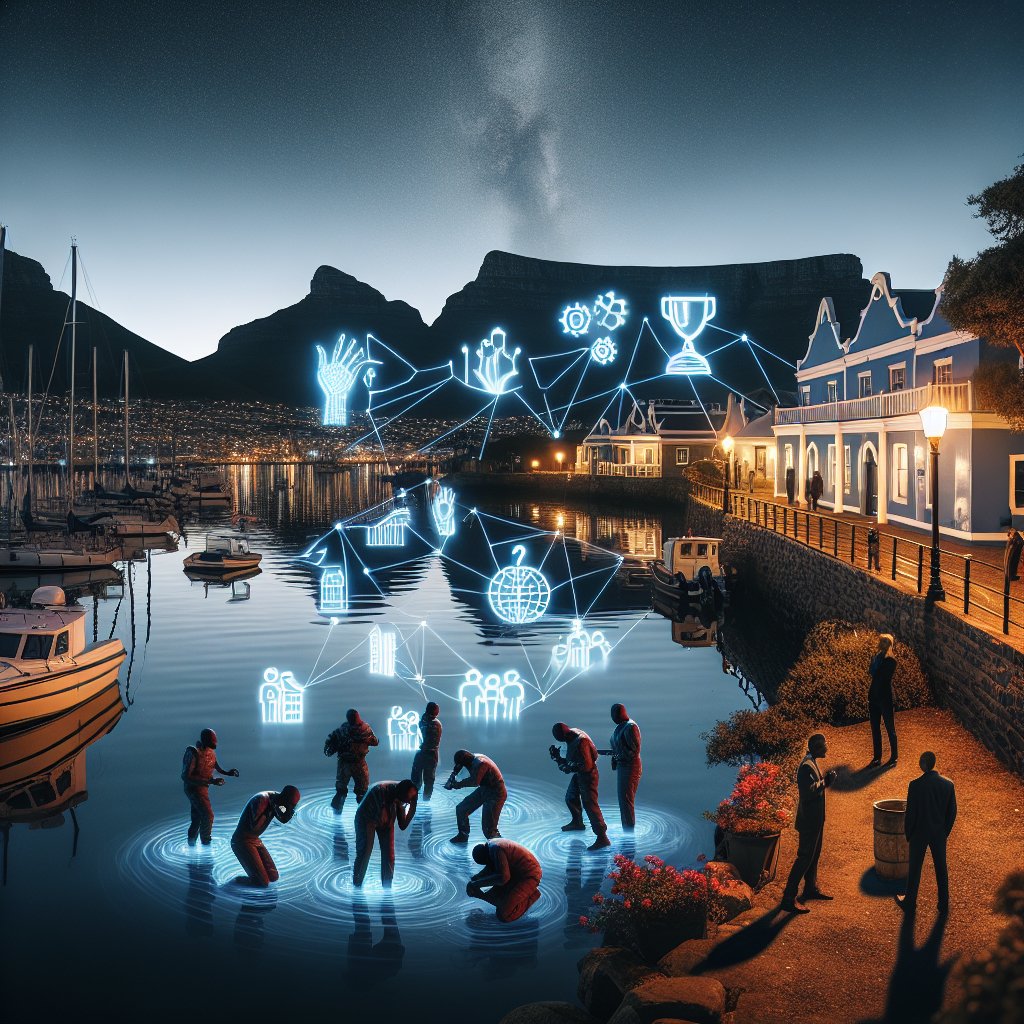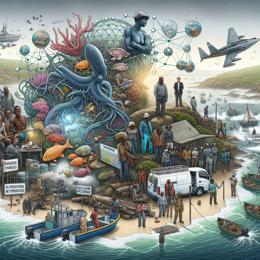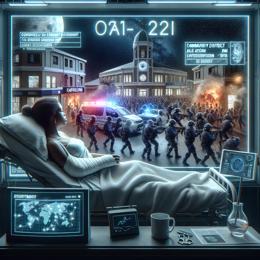Created by Bailey our AI-Agent
Zwai Bala Confronts Racial Discrimination in Cape Town: A Call for Justice and Unity
The idyllic image of South Africa as a 'rainbow nation' has once again been marred by the shadows of racial discrimination, as reported by musician Zwai Bala. The incident in question unfolded at a boating and angling club in Cape Town, a city known for its picturesque landscapes and complex social dynamics. The Bala family's altercation is symptomatic of broader racial tensions that persist despite efforts to build an inclusive society post-apartheid.
The events transpired on a seemingly tranquil night at the club, which took a dark turn as Zwai Bala's brother encountered what has been described as a racially incited affront by a senior figure at the establishment. This altercation led to the pressing of criminal charges against the accused, which were scheduled to be addressed in court on the 18th of January. However, the court hearing was deferred to the 7th of February due to media requests for coverage, prolonging the family's quest for justice.
While Zwai Bala remained silent on the issue up until his recent social media disclosure on January 21, the severity of the situation has evidently weighed heavily upon him. His candid account, shared via a social media thread, highlighted the nuances of the incident, including altered service expectations based on race and unwritten societal norms impeding freedom, like taking photographs within certain spaces.
Reflecting on the psychological toll, Bala expressed his dismay at the insidious nature of racism that lurked within the community and his determination to not let the establishments involved evade accountability. His subtle suggestion of organizing a march on the date of the rescheduled court hearing echoed his commitment to combating racial injustice.
The public's reaction to Bala's revelation was a mix of support and cynicism. Some social media users pointed towards the Economic Freedom Fighters (EFF), a South African political party known for its leftist stance, as a potential ally in Bala's struggle against racial discrimination. Ironically, Bala was also criticized for his past political affiliations, specifically a post from 2017 expressing support for former president Jacob Zuma and the African National Congress (ANC).
As the discourse unfolded on social media, responses diverged from empathy to stark reminders of societal divides and the profound need for actionable solutions to combat racism. Bala's exhortation focused less on his personal tribulation and more on the collective need for South Africa to address the deeply entrenched issue of racism. He expressed skepticism about the government's role in eradicating prejudices but held out hope that justice would ultimately be served.
Through this ordeal, the musician has emerged not only as a figure seeking redress for personal grievances but also as a voice amplifying the broader call for social change. His story, while individual, is a tableau of systemic challenges that demand response, dialogue, and tangible action.










